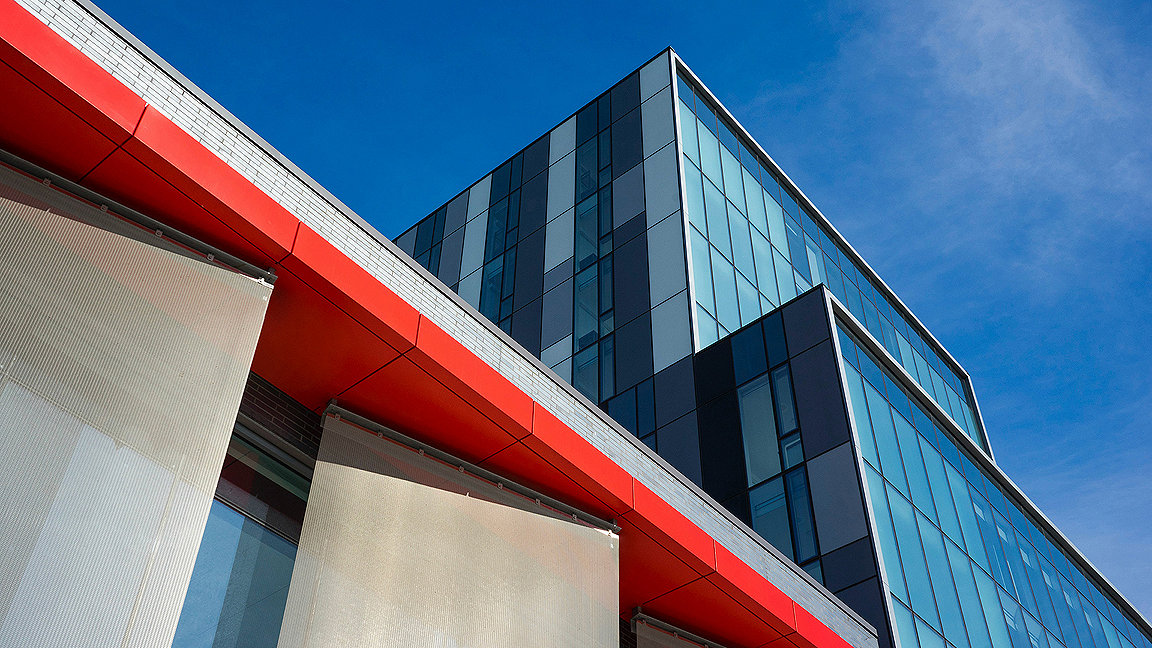
The global commercial real estate market is in the early stages of a downturn, according to 30% of respondents to the latest RICS Global Commercial Property Monitor. That marks a significant jump from 11% of respondents who said the same thing in the previous quarter (Q1 2022).
However, the picture from individual countries around the world is much more mixed, with 53% of Canadian RICS members surveyed saying their market is beginning a downturn, and 46% of Indian respondents saying the market is at the start of an upturn.
“For the Americas, the proportion of respondents indicating the market is either in the early or mid-phase of a downturn has similarly climbed to around 50% from only 10% previously,” says Simon Rubinsohn, Chief Economist at RICS. “For Europe, the respective figures are 52% from 26%. In APAC, the increase has predictably been more modest edging up from 41 to 47%.
“Significantly, the Middle East and Africa (MEA) stands out with just a quarter of respondents viewing the market locally to be in a downturn (compared to one-sixth in Q1). The benefit of higher oil prices is evident for a number of these economies.”
These perceptions of the commercial property cycle have affected the Commercial Property Sentiment Index (CPSI), pushing it back into negative territory of -6% overall, when it had been +3% in the previous quarter.
“Although this doesn’t imply a major shift in tone, it is reflective of the ongoing tightening in monetary policy by key central banks and the acceleration in inflation which doesn’t, as yet, appear to have run its course,” says Rubinsohn.
However, this metric also shows a mixed picture when taken on a country-by-country basis. For example, in the US, sentiment fell nearly 20 points between Q1 and Q2, while in Hong Kong it improved by nearly 23 points.
The credit conditions chart below is a net balance of respondents reporting either an improvement or deterioration in credit conditions. “On the back of recent interest rate hikes from central banks in many countries, this indicator is now negative in the US, UK and Canada (meaning credit is less available) which is likely to feed into a slowing in investment volumes,” says Tarrant Parsons, RICS’ Senior Economist.
Canada is reporting the most negative credit conditions of the five major markets we have focused on, at nearly -69%, while India is overwhelmingly positive at +55%. In Canada, the central bank recently raised its benchmark interest rate by a full percentage point to 2.5% – the largest single rise in the bank’s rate since 1998.
“Interest rate hikes from central banks in many countries mean credit is less available, which is likely to feed into slowing investment” Tarrant Parsons, Senior Economist, RICS
Investment enquiries made about commercial property fell in four of the five major markets highlighted below. Hong Kong is the only place where they increased, although this still puts it in a negative net balance, having moved from -54% in the first quarter of 2022 to -14% in the second.
“The regional results for investor enquiries pretty much mirror the tone of the rest of the report,” says Rubinsohn. “For the Americas, while the net balance remains positive, it is significantly less so than in Q1 (+8% against +38%). As far as APAC is concerned, the results point to a sharper fall in activity compared to the first three months of the year (-21% against -12%).
“Meanwhile the message from European respondents is somewhere between these two areas with the investor enquiries metric slipping from +25% to -3%. The Q2 results suggest that investors may be becoming just a little more cautious.”
“The Q2 results suggest that investors may be becoming just a little more cautious” Simon Rubinsohn, Chief Economist, RICS

